'My mother died as she lived - not wanting to make a fuss'
- Published
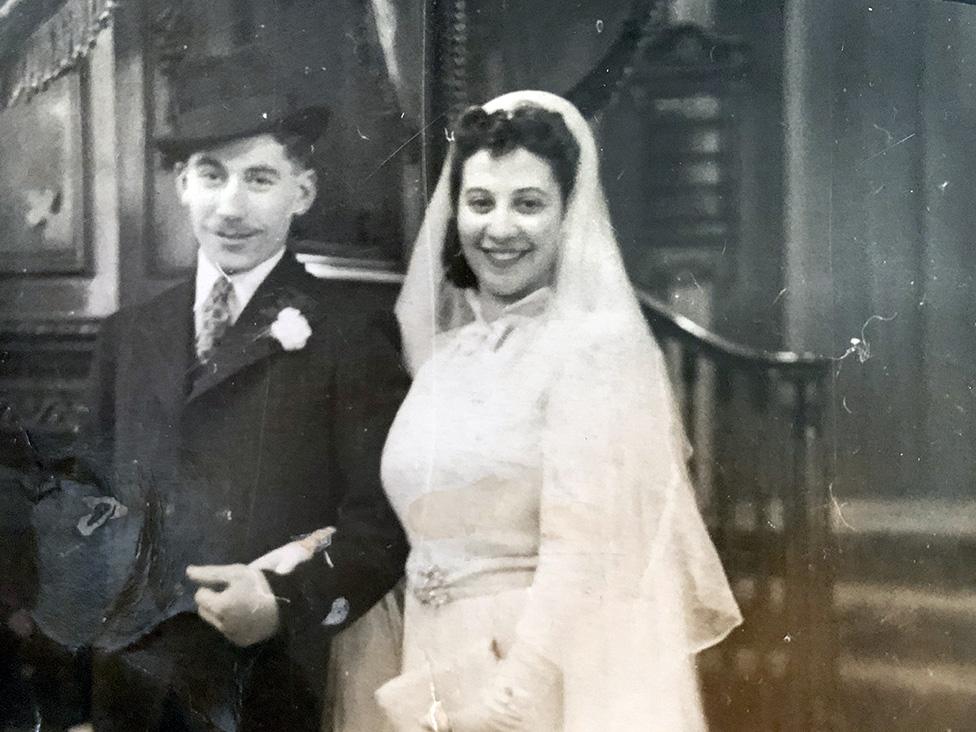
Howard Jacobson's parents on their wedding day

The writer Howard Jacobson remembers his mother, who died this month, as if she chose to slip away while everyone focused on the pandemic.
My mother died on 4 May. Not of Covid-19. Two days before, she complained to my sister of a severe pain in her head, slipped into unconsciousness, and never woke. She was 97. She died in the chair she preferred to her bed. And died pretty much as she had lived, unobtrusively, not wanting to make a fuss, not wanting to be a bother to anyone.
She was retiring by nature. Exclamatory - she knew how to tell a good story and was never less than flabbergasted by insignificant event - but not demonstrative.
She hated show, never wanted to be seen making a fuss - in truth, never wanted to be seen at all - preferred reading to going out, and at any time in her life wouldn't have minded had she been told she'd never go to another silver wedding, golden wedding or barmitzvah, another Market Traders' Dance, another Manchester and Salford Taxi Drivers' Ball, another Lancashire and Cheshire Branch of the Magic Circle Annual Dinner, ever again.
In this she couldn't have been more unlike my father - the market trader, taxi driver and magician to indulge whose gargantuan social appetite she zipped herself reluctantly into one of those cocktail dresses she hated having to retrieve from her wardrobe, for fear of finding it too tight, too loose, too low, or too high, though he, having worked as a tailor in the army, was always happy to make any alteration so long as he could get her to come out with him.
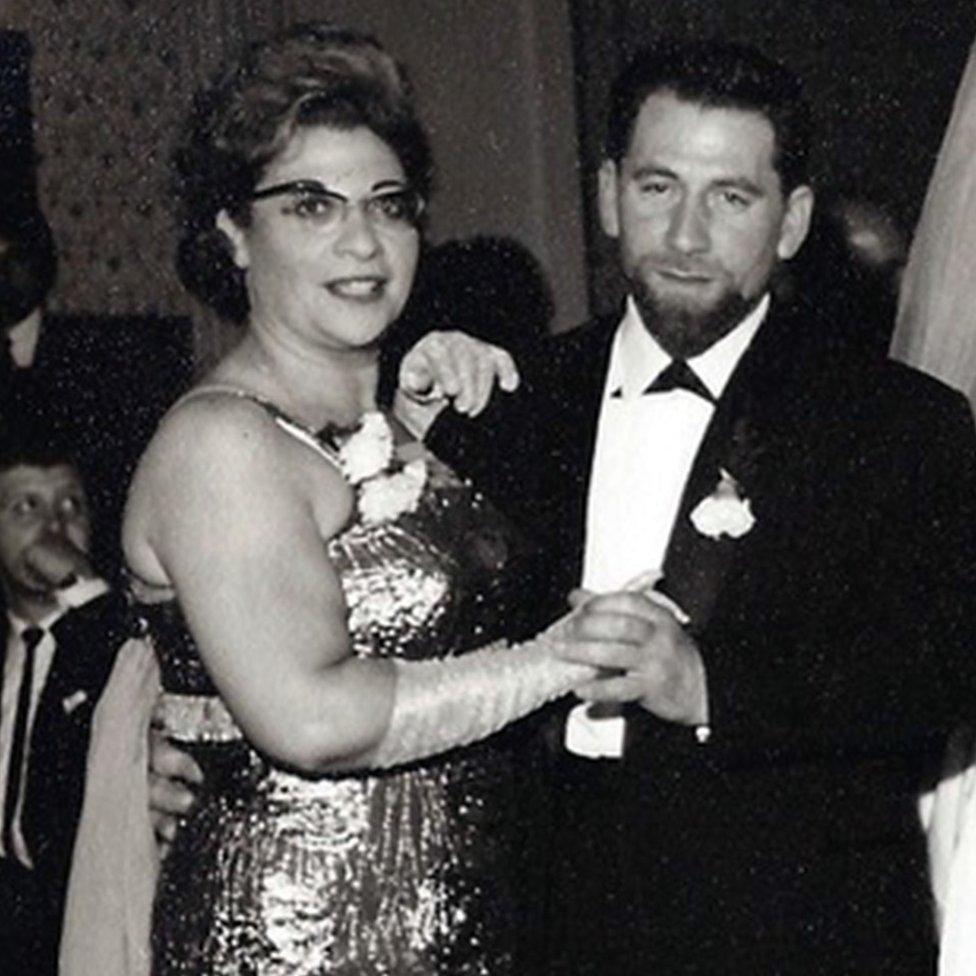
Howard Jacobson's parents, Anita and Max, on a night out in 1964
He too died as he lived, with razzamatazz.
He treated his death as his swan-song, his last ever variety performance, strictly for one night only. In fact it went on for longer than that, partly on account of the rapport he enjoyed with the nurses in his hospital ward to whom he took pleasure in showing his tricks, even those that regularly misfired.
On what we thought would be his final day his favourite nurse asked him to show her the trick with the glass, the playing card, and the engagement ring - on this occasion hers. This was one of his regularly misfiring tricks, but today, miracle of miracles, he performed it with such adroitness and eclat that he couldn't think of any reason not to go on living.
So what was meant to be a show in one act suddenly had an interval and a second half - the Resurrection - which he played at home for a further three weeks, to a smaller audience, it was true, but a beloved one. For an encore, worn out by his own vitality, he closed his eyes.
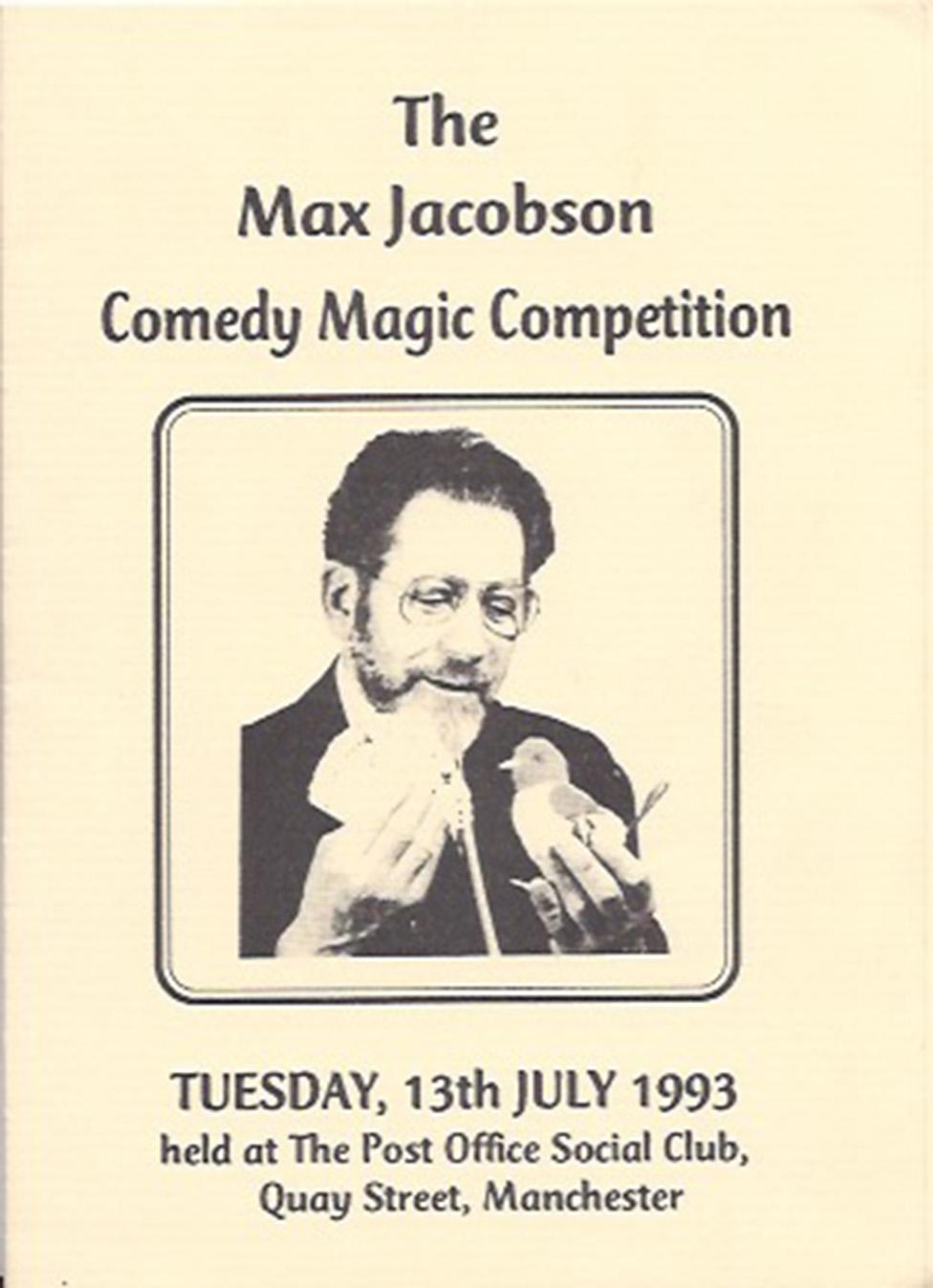

I don't think my parents grew into who they were in contradistinction to each other - she quiet because he noisy and vice versa. It was my impression that they found and loved each other as they were and as they would go on being - as unlike as two mortal souls could be.
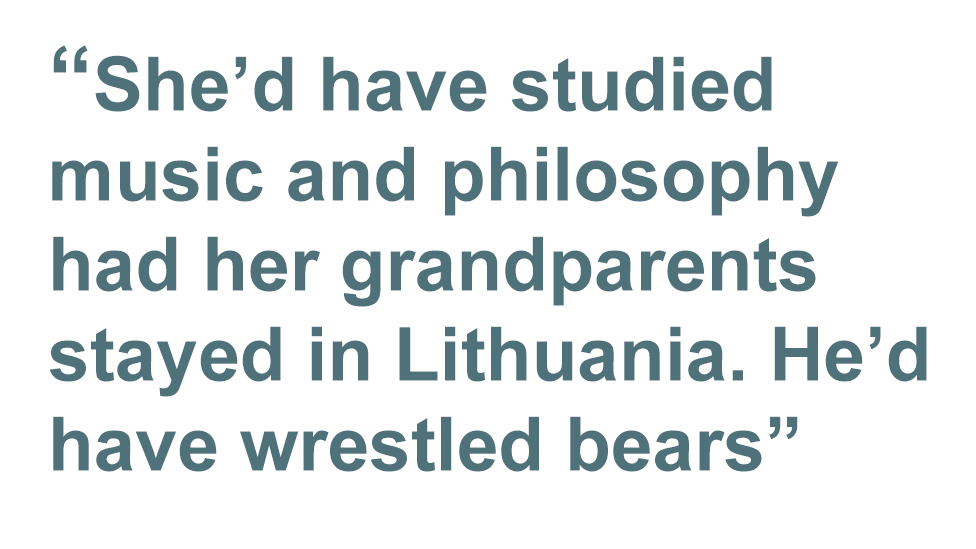
If I wanted to please my father I could do no better than make my mother laugh. It overwhelmed him to see tears of amusement spring out from behind her glasses and roll in torrents down her cheeks. It was as though they came from some secret place of feeling he could never hope to penetrate.
His own laughter was Falstaffian. Which, for her, opened a door on an outlandish world of boisterousness. His antecedents were Russian, my mother's Lithuanian. She'd have studied music and philosophy had her grandparents stayed in Lithuania. He'd have wrestled bears.
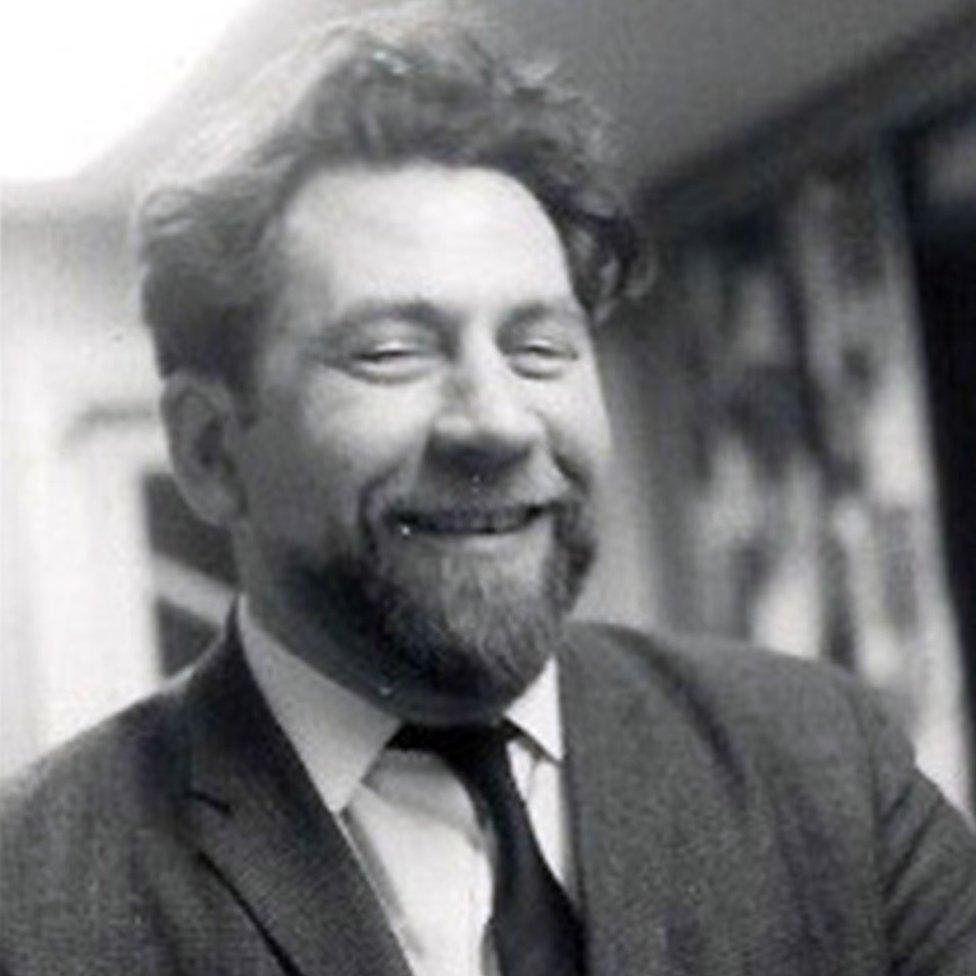
Howard Jacobson's father
Every talent has its downside. My father was terrific company but had some of the selfishness of the performer. His eyes would glaze over if you told him your troubles. I recognise this in myself and try to listen when people tell me theirs. But I can see from the way their eyes glaze over that I haven't succeeded.
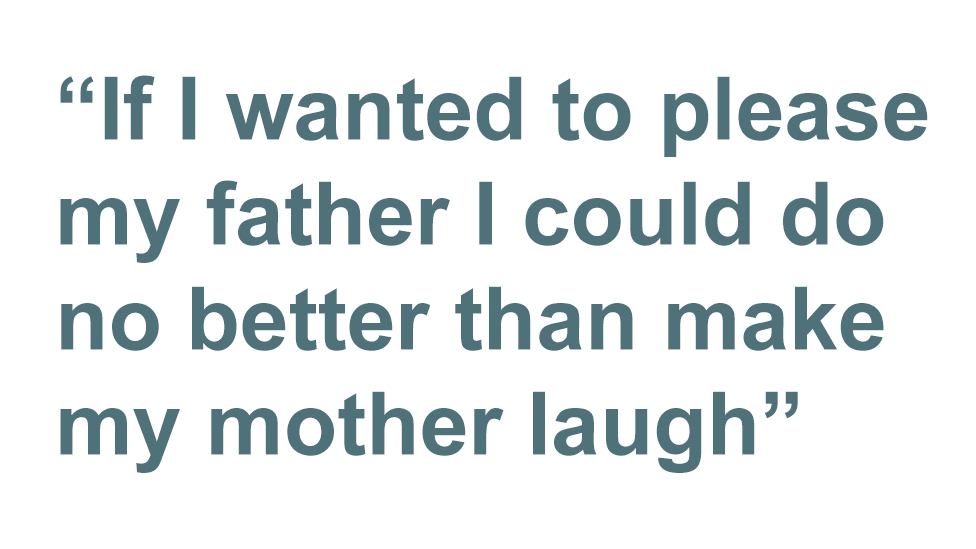
My mother listened hard and felt our tribulations as though they were her own, but mothers who worry overmuch for their children as often as not cause those children more worry than they spare them. I went to bed in anguish when I was small, convinced I would find her dead with worry in the morning.
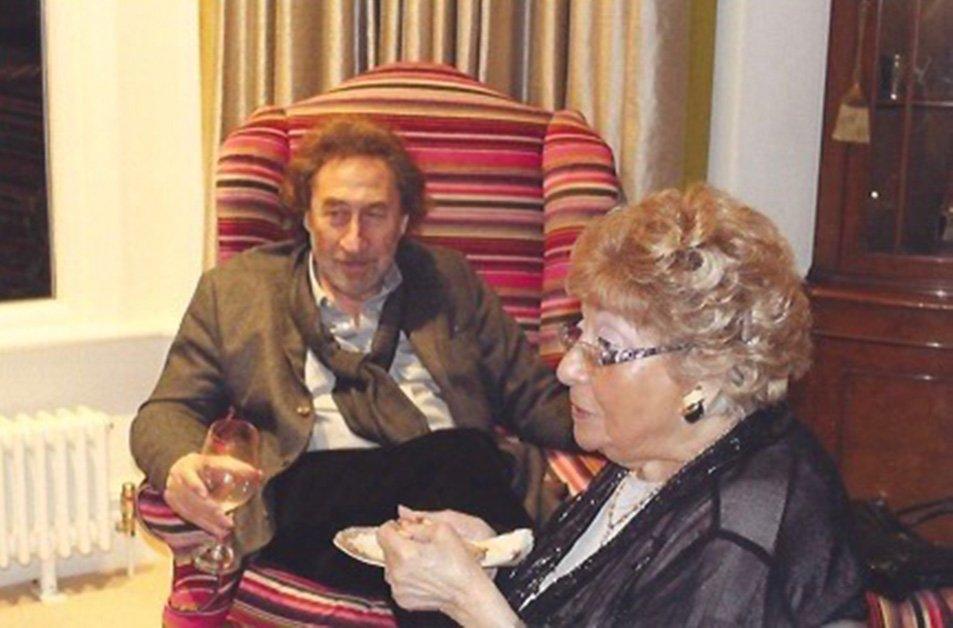
Howard Jacobson with his mother
Extraordinary that she lived to 97, and in her final weeks accused me of being a worrier. It was when I let slip how concerned I was about Coronavirus - making what I'd intended to be a joke about my fear: that it was invincible, that even when you bolted the door on it, it would find a way in, come sliding through the letter box, or up through the drains, or slowly leak out of the power points - that she ticked me off for not having a more relaxed attitude.
"Oh, Howard," she said, "you're not worrying about that."
"That's rich coming from you, Ma," I said, reminding her of all the precautions she'd taught me to take over the years against finding myself in the Great Australian Desert without toilet paper, or up a five rung step-ladder without a harness.
Listen to Howard Jacobson remembering his mother on BBC Sounds
More from A Point of View on BBC Radio 4
My brother once told her he had just moved into a small flat in Notting Hill, sharing with six girls who were nurses and art students. That night she rang him and asked to speak to him where none of them could hear. "Listen carefully," she said, "to what I'm about to tell you."
The phone burned with embarrassment in his hand. What was she going to warn him against? Falling in love with all of them? Was she going to explain how babies were made? "It's really important," she went on, "that you get to the bathroom first in the mornings. Girls take a long time getting ready."
She warned me against girls too, though more subtly than this, in the form of poems that told of female derangement, such as the Lady of Shalott going round the bend in her tower, or the Forsaken Merman's wife who just upped and left him when she heard the church bells ring.
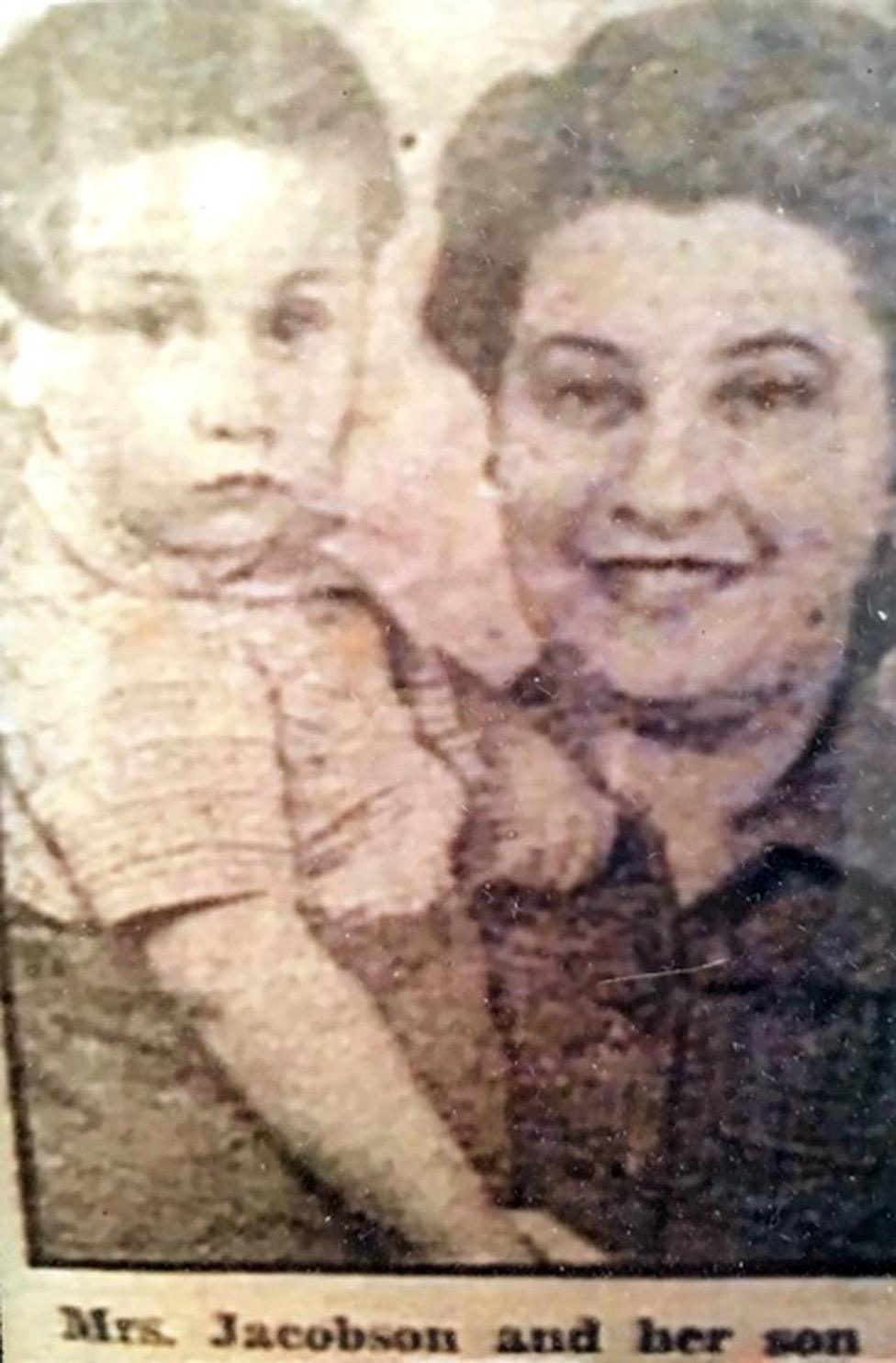

For a woman who had left school early she had educated tastes. Some of the happiest days of my childhood were spent sitting at her feet, listening to her read from Palgrave's Golden Treasury and other anthologies. Tennyson, Browning, Matthew Arnold - long before I went to school I was fortunate enough to have their voices in my head.
One poem my mother got me to read, and I don't remember its author, told of a son seduced by a woman so cruel that she asked the young man to prove his love for her by cutting out his mother's heart and bringing it to her in a casket. This the son did - the way sons do - but in his haste to deliver it to his mistress he tripped and dropped the casket. From within the casket came the mother's cry: "Are you hurt, my son?"
No pressure there, then, as people didn't say in those days. Thereafter I had some bad nights, unable to sleep, afraid I'd find her in the morning, not just dead with worry, but with her heart cut out. And I with a knife in my hand.
I haven't been able to explain to myself why, after warning me off she-devils, she should think me too afraid of Coronavirus. She'd been waiting for the catastrophe to end catastrophes all her life and now it was here she seemed not to give a fig about it. Could it be that only small imaginary dangers - such as women spending too much time in the bathroom - disturbed her. Maybe her real life had always been in her head and she was too poetic to be interested in a literal cataclysm.
But latterly she changed her tune. "I think I've worked this virus out," she told me on the phone. "It won't rest until it's destroyed us all."
I suppose it should have dawned on me then that she was turning eschatological. Three days later she was dead. Social distancing meant there could be no family funeral. And we dispensed with sitting shiva - the Jewish ritual for mourning the dead. Some people have been sitting shiva on Zoom, but none of us cared for that idea. We would light our candles and say our prayers in private. And meet to remember her when it's safe.
My mother always said she didn't want any fuss when she went. She got her wish. It was as though she chose her moment, looked around, saw the coast was clear, and made a dash for it.
You may also be interested in:
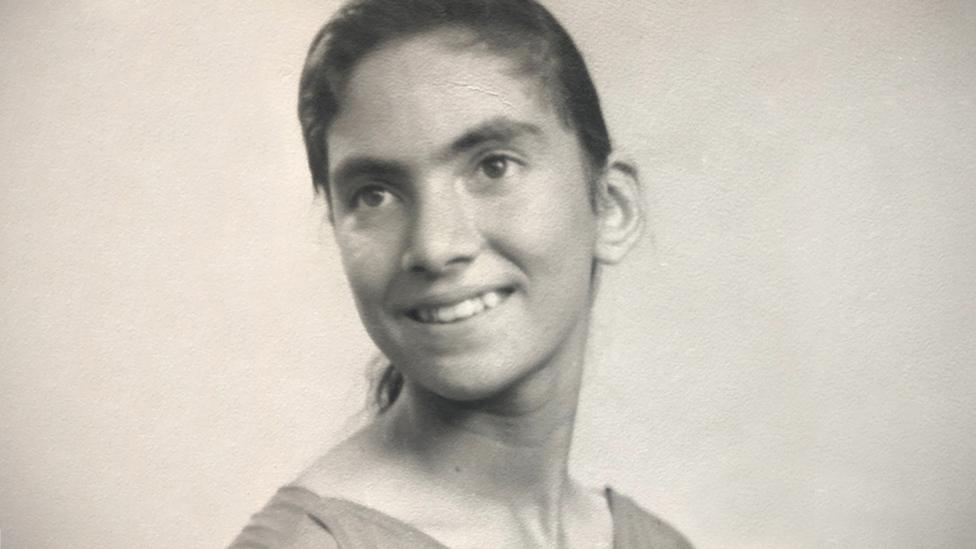
When a health emergency prompted Nathan Romburgh and his sisters to look into their family history, decades after the end of apartheid, they uncovered a closely guarded secret that made them question their own identity.
Separated at birth: Was my mother given away because she looked white?